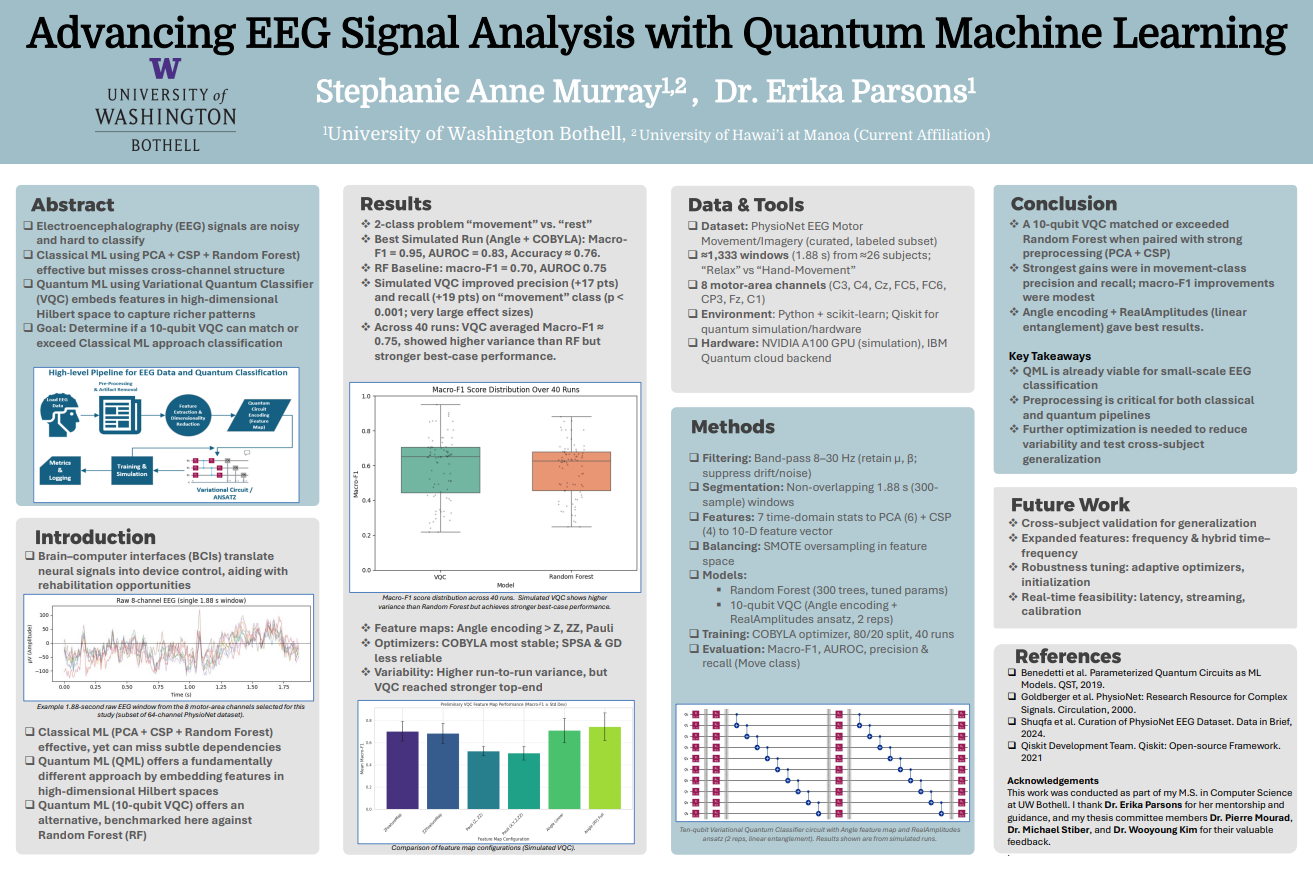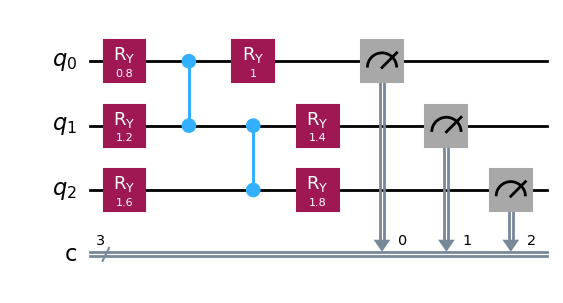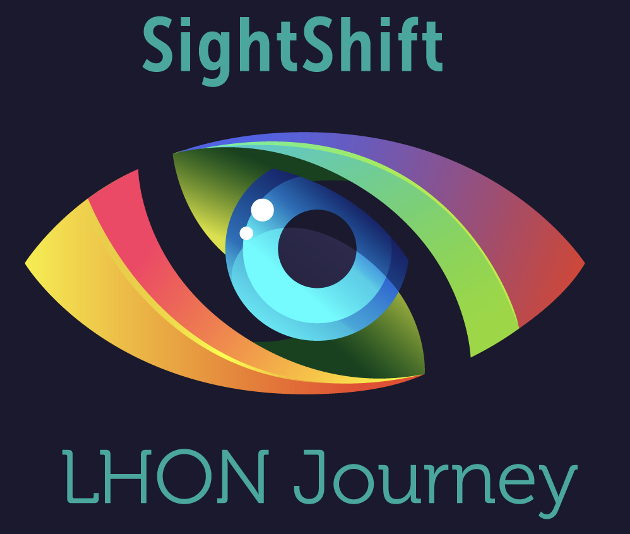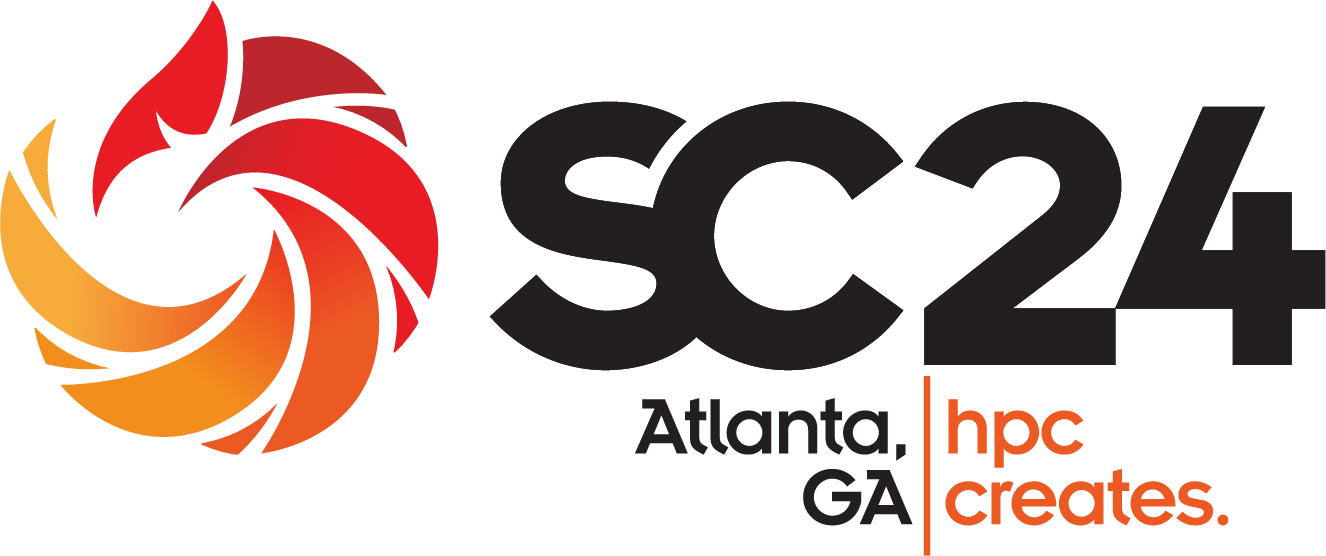Hi, I’m Stephanie Murray, a researcher and PhD student in Computer Science at the University of Hawai‘i at Mānoa. My work focuses on machine learning, data analysis, and algorithm development, with research interests in large-scale biological datasets and phylogenetic methods.
I have experience developing analytical pipelines for complex datasets, including work in biomedical signal processing during my master’s thesis. I’m interested in creating computational approaches that make challenging, high-dimensional data more accessible and interpretable.
I enjoy working on meaningful problems, learning from new ideas, and exploring creative solutions in computer science that can have a positive impact.
Updated: October 2025






